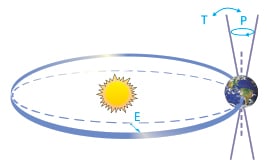Slade3200
Diamond Member
- Jan 13, 2016
- 71,235
- 18,264
- 2,190
Me engaging with somebody with different opinions makes me a desperate asshole? You are very welcome to leave the thread if you are annoyed by the discussion.Enough you desperate Asshole.
Can't you see EMH is Certifiably Crazy?
Ignore him.
He made 8 consecutive wacky posts on the last page.
`
The act of challenging theories, asking questions, and providing explanation or counter arguments is what science is all about. Its how we gain a better understanding... Well at least for those with minds open enough to be looking for it.
